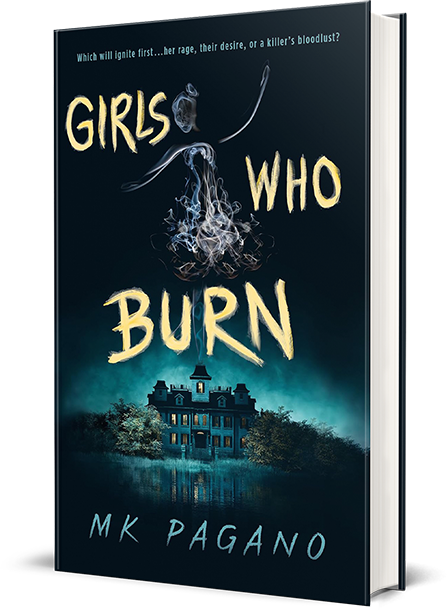Why Do You Read and/or Write Fiction?

Sometimes I get asked why I primarily read and write fiction, as opposed to nonfiction.
I do not get offended by these questions, as some might. Some people are genuinely curious.
“Why do you care about things that didn’t happen?” they will ask. “About people who are not real?”
Well.
Firstly, I’d argue that real is a relative term. We all make our own realities. A fictional character can be as real to me as some celebrity you’ve never met is to you.
Also, just because something isn’t factual doesn’t mean it’s not real.
If that makes sense.
What I mean is this:
I’m not knocking nonfiction. At all. I love stories of all kinds, and I have read some truly amazing nonfictional works (this and this come first to my mind.) But I’m not sure I could ever write a nonfictional book myself. (I almost wrote I didn’t think I could ever write nonfiction at all, but then I remembered that I write nonfictional blog posts all the time.) But an entire book … I think I’d feel too bound by the facts of nonfiction to be able to get to the heart of what, for me, writing a book is all about: the truth of something.
In fiction, you’re free to make up facts, people, characters, places, dialogue, thoughts–everything. That’s what makes it fiction. But what makes my favorite novels my favorite–and what I strive for as a writer–is finding the real and the true among the “unreal” and “untrue” parts of the story.
Just because this character, with this name, did not actually ever do and say these specific things, does not mean that what they did and said and felt wasn’t real. I, as an introvert (or if you want to get more specific and Myers-Briggsy, an INFP), spend a tremendous amount of time inside my own head. I know better now, but when I was younger, I used to think I had thoughts and fears that were unique unto me, which made me feel incredibly depressed and alone. I went around thinking what’s wrong with me ALL the time. It was mainly through reading (and watching) fiction that I figured out that I was not alone, that there were in fact other people out there as weird and messed up as I was, that there was nothing all that dire wrong with me after all. And that in turn helped ease my depression and made me into the (relatively) well-adjusted person I am today.
Fiction played a large part in doing that for me.
Which is why, in times of trouble–personal and global–I generally turn to fiction to make sense of things. Take this quote, found in my favorite television show of all time:
“I guess I just realize how amazingly screwed up they all are. I mean, really, really screwed up in a monumental fashion. And they have no purpose that unites them so they just drift around, blundering through life until they die. Which they know is coming, yet every single one of them is surprised when it happens to them. They’re incapable of thinking about what they want beyond the moment. They kill each other, which is clearly insane. And yet, here’s the thing … when it’s something that really matters, they fight. I mean, they’re lame morons for fighting, but they do. They never, never quit. So I guess I will keep fighting too.” – Anya, Buffy the Vampire Slayer
This world is fucked up. Contrary to what some politicians want you to believe, it has always been fucked up, in one way or another. But at the same time, there are always good people out there who do not stop fighting the good fight. I try and be one of them, in my own tiny-impact way.
And then, just the other day, I came across a quote in a book I just finished that was so simple and so true and so appropriate for my life and the state of the world right now that I want to frame it and hang it over everybody’s beds:
“Here is what I have learned. If you cannot be unafraid–be afraid and happy.” – Henry Cheng, The Raven King
I am afraid. Of a whole fuckton of things. But I can be afraid and happy. And so can you.
Photo by Fang-Wei Lin on Unsplash


The best fiction is always Real and True. The best non-fiction entertains and always tries to find the Truth.